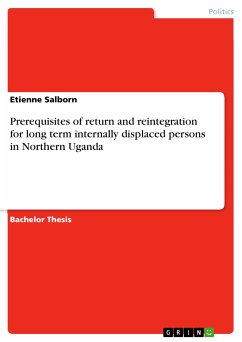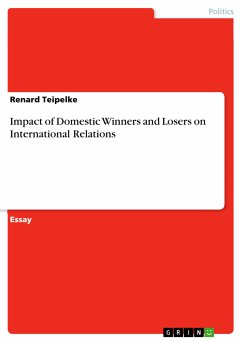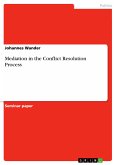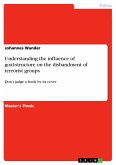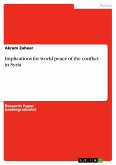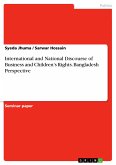Master's Thesis from the year 2016 in the subject Politics - Topic: Peace and Conflict, Security, grade: 1, , course: Masters Degree in Strategic Studies, language: English, abstract: In this study, descriptive research design was used to find out the refugee influx in Nepal and its impact on refugee lives and national security of Nepal. Refugees from Tibet Autonomous Region of People's Republic of China commenced fleeing into Nepal crossing the Himalayas from 1959 till today. The Bhutanese refugees first entered Nepal in 1990 and the number reached 107,810 in 2008. Additionally, remarkable numbers of the asylum seekers from different countries are taking refuge in Nepal. Quantitative and qualitative data from both primary and secondary sources are utilized in this triangulation study. Semi-structured questionnaires were used to collect data from 100 Tibetan and Bhutanese refugee respondents. A focused group discussion was carried out with 35 urban refugees and a semi-structured interview was conducted with a subject matter expert. The study shows that 90 percentage of the Tibetan and Bhutanese refugees are facing various problems: identity, unemployment, health, socio-cultural and religious, access to further education, food, shelter. Refugees are found involved in various frivolities: murder, rape, looting, fake citizenship, fake passport, smuggling and protest including self-immolation. Forty-six percentage of the Tibetan and 47 percentage of the Bhutanese refugees agreed that Nepal is facing different problems due to the refugee influx. The study shows that refugee influx has depressing impact on the internal security of Nepal.
Bitte wählen Sie Ihr Anliegen aus.
Rechnungen
Retourenschein anfordern
Bestellstatus
Storno



